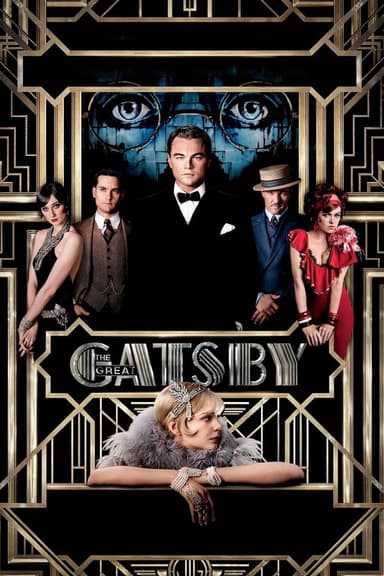
Food of Love
2002 • Drama, Romance • R
Young aspiring pianist attracts attention of famous musicians. Chance encounters bring them together but expectations must be managed by all.
Runtime: 1h 45m
Why you should read the novel
If you are captivated by complex characters and nuanced themes, David Leavitt’s novel The Page Turner offers a far richer emotional journey than the film adaptation. In Leavitt’s original text, the intricate psychological depth of the protagonists unfolds gradually, inviting the reader to fully immerse themselves in the internal struggles and personal growth that define their relationships. The novel allows you to intimately experience each character’s motivations and vulnerabilities, making their decisions and consequences more impactful.
Reading The Page Turner also presents a more detailed exploration of the world of classical music and the societal pressures confronting a young, talented pianist. The ambiance and artistic milieu are rendered with precision, offering readers insight into the complexities of the music world, as well as the challenges of navigating personal identity within it. The book’s subtle, literary prose enhances the emotional resonance of the story in ways that visual storytelling often cannot.
While the movie provides a condensed and visual experience, the novel’s depth, pacing, and narration leave a lasting impression that encourages personal reflection. Choosing to read Leavitt’s work promises not only a captivating story but also the opportunity to appreciate the artistry of his writing and the powerful intimacy that only literature can deliver.
Adaptation differences
One of the most striking differences between The Page Turner novel and its film adaptation, Food of Love, lies in the setting and cultural context. While the book primarily takes place in the United States and explores the intricacies of American society, the film shifts much of the story to Europe, particularly Spain and Germany. This relocation changes the atmosphere, adding a European sensibility and flavor to the narrative that differs from the book’s original ambiance.
Another notable difference is the characterization and perspective. The novel delves deeply into the minds of both Paul (the young pianist) and his mother, giving readers insight into their motivations, fears, and evolving relationships. In contrast, the film’s perspective is more visually focused and somewhat distanced, concentrating primarily on Paul’s coming-of-age experience. As a result, the audience receives less direct insight into the characters’ internal monologues and emotional subtleties.
Furthermore, the treatment of key relationships varies between the two mediums. The complexities of Paul’s relationship with the older pianist, as well as with his mother, are afforded greater nuance and ambiguity in the book. Leavitt explores themes of desire, familial loyalty, and personal fulfillment with a literary delicacy that the adaptation simplifies for cinematic storytelling, often resolving ambiguities more overtly or changing certain character arcs.
Lastly, the narrative structure and pacing of the story are altered in the film adaptation. While the book allows for a leisurely, reflective unfolding of events and character development, the movie condenses the timeline and omits several subplots to fit within its runtime. These omissions inevitably lead to a more streamlined and less layered version of the original story, offering a fundamentally different experience for those familiar with the novel.
Food of Love inspired from
The Page Turner
by David Leavitt










